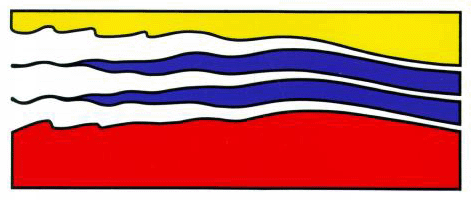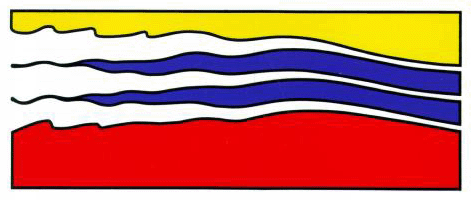
4111 Monarch Way, 3rd Floor
Old Dominion University
Norfolk, VA 23508
757-683-4940


Coral reefs are among the most important coastal ecosystems
both in terms of their biological diversity and economic value. They
are also one of the more complex coastal systems from a physical
oceanographic standpoint. Many coral reefs occur on remote islands or
on steep, narrow shelves; thus, larger scale oceanographic forcing
interacts directly with these shallow nearshore systems. Reefs are also
geometrically very complex, and reef topography varies at scales ranging
from centimeters to kilometers, introducing another set of challenges.
This seminar will explore physical processes on coral reefs across four
scales: 1) island-scale (10 to 100-km); 2) bay/lagoon scale (1-km); 3)
reef scale (10 to 100-m); and 4) bommie scale (0.1 to 1-m). Examples of
these processes will be drawn from on-going work in Moorea, French
Polynesia (see http://mcr.lternet.edu).
Jim Hench received a B.S. in Civil Engineering from North Carolina State University, a M.S. in Civil Engineering from Stanford University, and Ph.D. in Physical Oceanography from the University of North Carolina at Chapel Hill. He was a Postdoctoral Researcher and then Research Scientist and Lecturer at Stanford University before starting as an Assistant Professor at the Duke University Marine Laboratory in Fall 2009. Jim's research includes flow over and through coral reefs, physical-biological interactions, and marine technology.

|
Innovation Research Park Building I 4111 Monarch Way, 3rd Floor Old Dominion University Norfolk, VA 23508 757-683-4940 |

|